
Sometime in the middle of 2015, Jennifer Byrne, professor of molecular oncology at the University of Sydney, began her journey from cancer researcher to a scientific literature sleuth, seeking out potentially problematic papers.
The first step was when she noticed several papers that contained a mistake in a DNA construct which, she believed, meant the papers were not testing the gene in question, associated with multiple cancer types. She started a writing campaign to the journal editors and researchers, with mixed success. But less than two years later, two of the five papers she flagged have already been retracted.
When asked why she spent time away from bench research to examine this issue, Byrne told us: Continue reading What turned a cancer researcher into a literature watchdog?

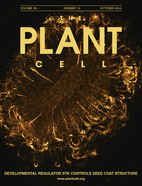
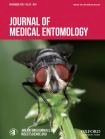
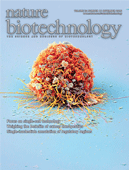
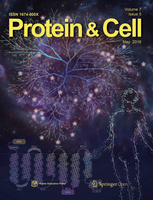 A
A 
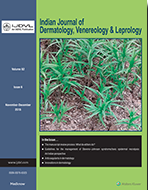
 Earlier this year, a nutrition journal
Earlier this year, a nutrition journal